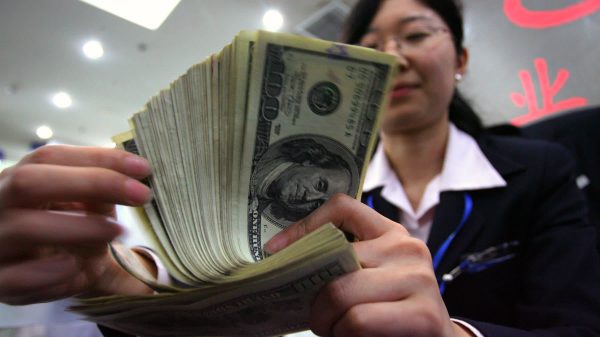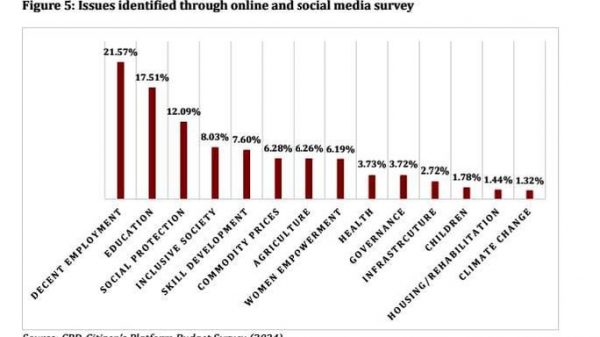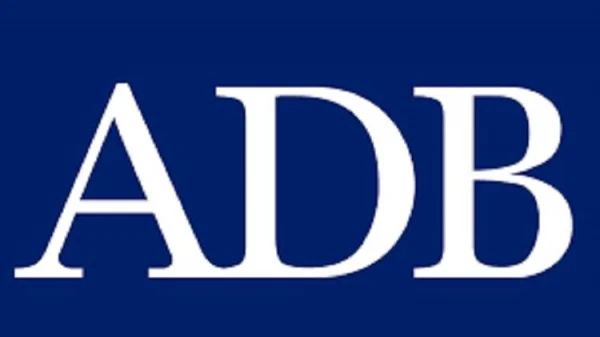US threatens to cut off Chinese banks’ access to dollars

Shawdesh Desk:
Chinese banks seen as complicit in Beijing’s clampdown on Hong Kong face being cut off from much of the global financial system under wide-ranging sanctions that are a part of newly enacted U.S. legislation.
The Hong Kong Autonomy Act, signed Tuesday by U.S. President Donald Trump, sets out punitive measures against lenders that do business with sanctioned officials, including bans on receiving loans from American banks, participating in foreign-currency and banking transactions, and investing in equity or debt. The government may also freeze the assets of designated institutions or restrict exports to them.
While the sanctions are not specifically limited to Chinese institutions, the law was drafted with the likes of Bank of China (BOC), Industrial and Commercial Bank of China, and China Construction Bank in mind.
China’s economy “for the foreseeable future will be dependent on U.S. dollar transactions,” Republican Sen. Pat Toomey, a co-sponsor of the legislation, said in May, around when the bill was introduced.
“When business and financial interests realize that this is a tool that can be deployed, I think there’s going to be a whole new level of pressure on the government,” he said.
The prospect of losing access to the international reserve currency is a potent threat. China’s four largest state-owned banks held about $1.1 trillion in dollar-denominated liabilities at the end of 2019, according to Bloomberg Intelligence. These institutions not only handle trade transactions for Chinese businesses, but also serve as sources of financing for Beijing’s Belt and Road infrastructure initiative.
“In the worst-case scenario, Chinese companies that do business overseas could become unable to transfer U.S. dollars,” said Takahide Kiuchi, executive economist at Nomura Research Institute. “Chinese trade would naturally be diminished.”
“That may be why China is pushing so heavily for the internationalization of the digital yuan,” Kiuchi said.
The U.S. has two major dollar settlement systems, centering on the Federal Reserve and Wall Street, which together handle trillions of dollars in payments per day. Locking out major Chinese banks would quickly squeeze the supply of greenbacks.
The sanctions may prove to be a trump card that is too powerful to play.
Washington in 2017 blocked China’s Bank of Dandong from American financial networks over violations of sanctions against North Korea. But cutting off big Chinese institutions would destabilize China’s banking system and could shake the international financial system itself, a U.S. Treasury Department official said.
And the potential risks to banks in the U.S., Japan and Europe add further uncertainty. As China’s new security law for Hong Kong prohibits “collusion with a foreign country or external elements,” financial institutions that act to avoid U.S. sanctions may instead be hit with retaliatory measures by Beijing.
Multinational banks operating in Hong Kong have begun scanning their client lists to identify potential sanctions risks under the new U.S. legislation. The law allows for a grace period of up to a year before sanctions are imposed, giving banks an opportunity to cut off problematic relationships.





























Leave a Reply